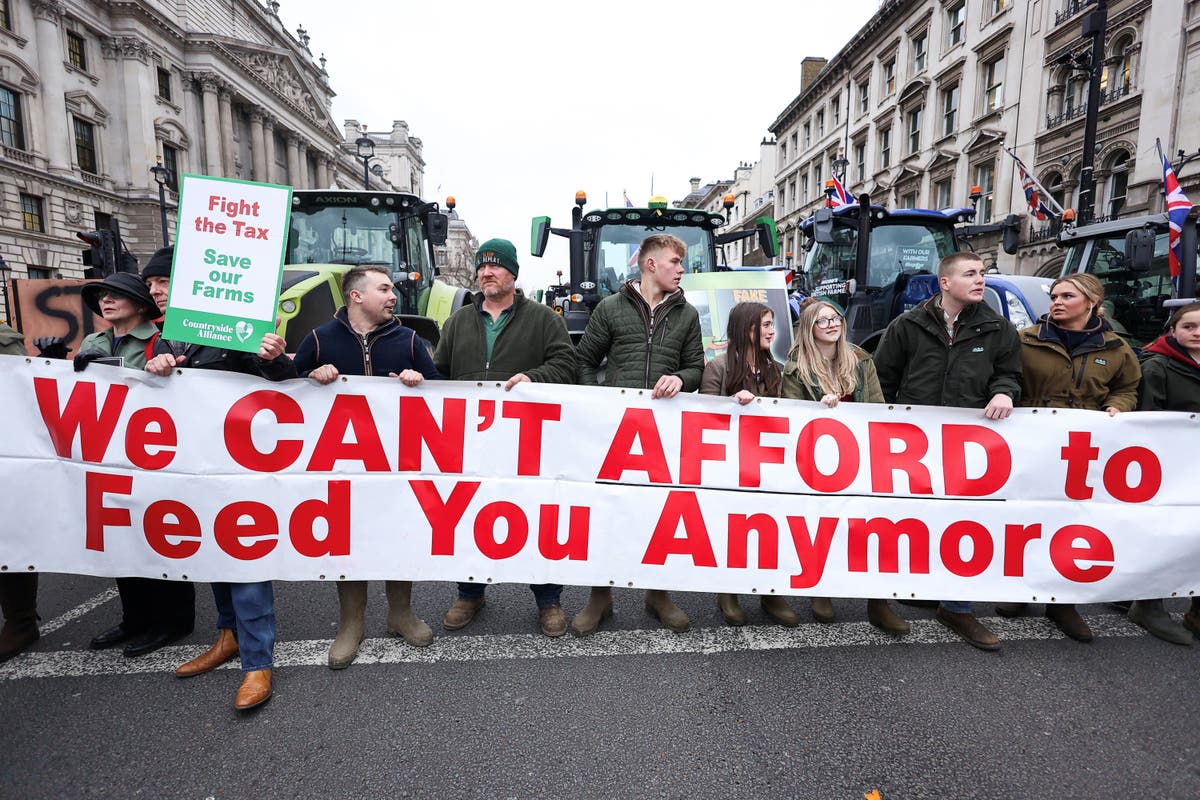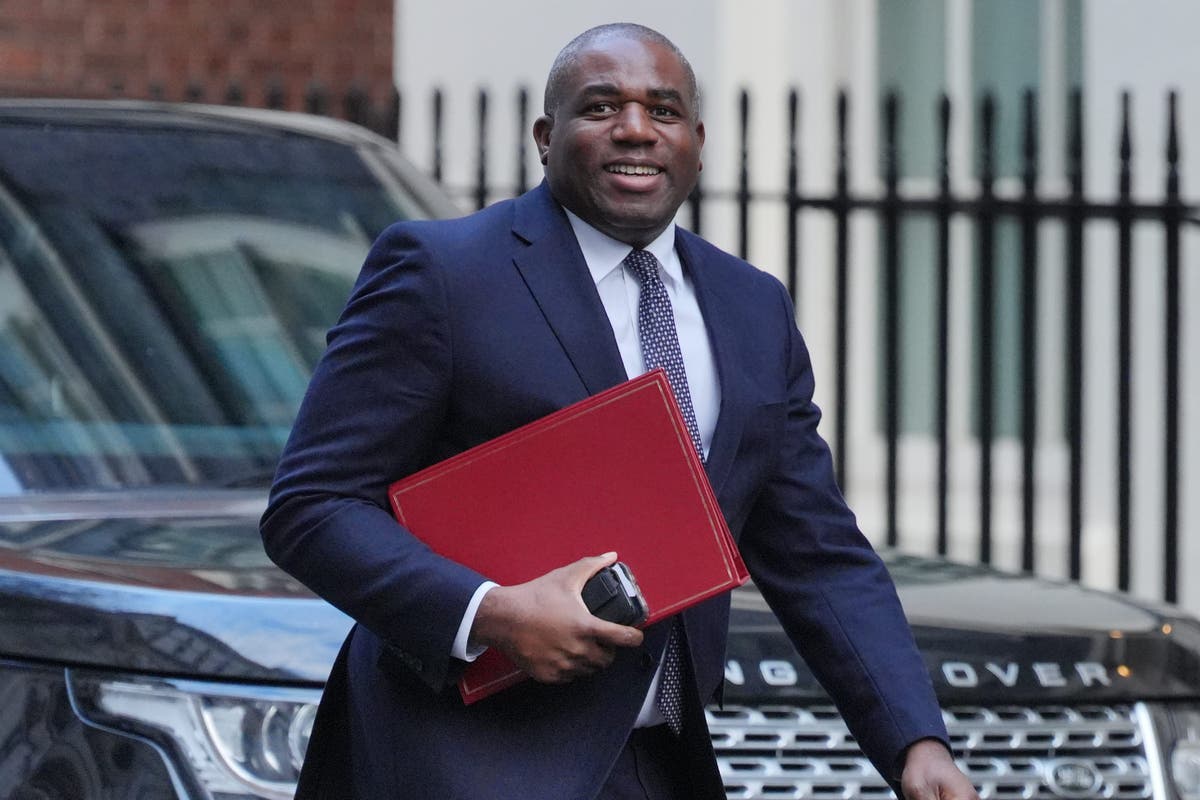A leading British theatre company is facing significant challenges in Europe, with Brexit cited as the primary cause. White Horse Theatre, a major educational touring company, warns that its future is at risk due to increased costs and logistical issues, potentially jeopardizing Shakespeare performances across the EU.
For nearly half a century, White Horse Theatre has provided English-language performances to schools and theaters across Europe. However, the company has experienced a sharp decline in student audiences and a reduction in performers since the UK's departure from the European Union. At its peak, the company performed for half a million students annually; this figure has since fallen below 300,000 and its performers have reduced from 32 to 24.
The company's founder, Peter Griffith, stated that Brexit has made it increasingly difficult and costly to bring British actors to European schools. This is coupled with a sharp increase in prices that could price out many schools. Mr Griffith has urged for governmental intervention to address the red tape associated with Brexit, which poses a threat to the company's future.
As Sir Keir Starmer seeks to mend relations with the EU, the challenges faced by the theatre company highlight a major obstacle for the arts sector. The UK's departure from the EU has introduced strict immigration policies for UK citizens in EU countries, limiting their stay unless they apply for visas, thus impacting the theatre's operational capacity.
This situation highlights a broader crisis within the UK's cultural sector. A recent report by the Society of London Theatre (SOLT) and UK Theatre revealed the closure of hundreds of theatres and museums, adding to the financial strain imposed by Brexit. Leaders within the arts sector are appealing for substantial investment from the incoming Labour government to mitigate the mounting problems, including rising energy bills and increased employer national insurance contributions.
The cost of hiring and operating within the EU has increased due to Brexit-related red tape, including work permits and immigration processes. The theatre’s increased prices have resulted in fewer bookings, creating a vicious cycle that endangers its accessibility. Michael Heseltine, former deputy prime minister, has characterized the situation as "another example of the creeping death that Brexit has injected into our economy."
The impact of Brexit on the arts has been widely reported, including the postponement of European tours by the National Theatre and the increase in casting adverts requiring EU passports. Arts organizations such as Equity have stated that Brexit has had a more damaging effect than the coronavirus pandemic. A letter from several members of the union, including Ian McKellen and Patrick Stewart, has urged a reevaluation of visa requirements for artists.
The Cabinet Office has been contacted for comment but is yet to respond.







